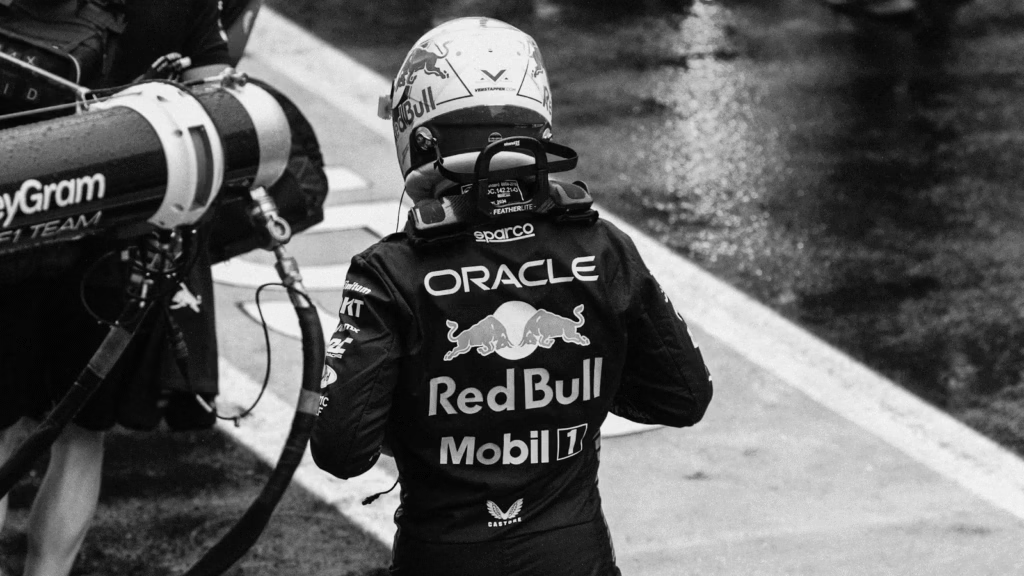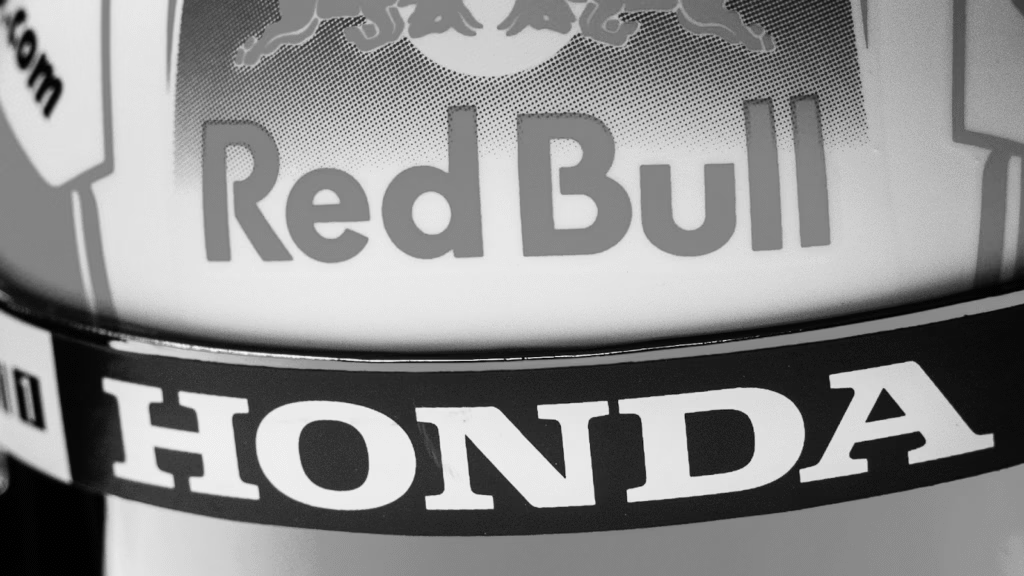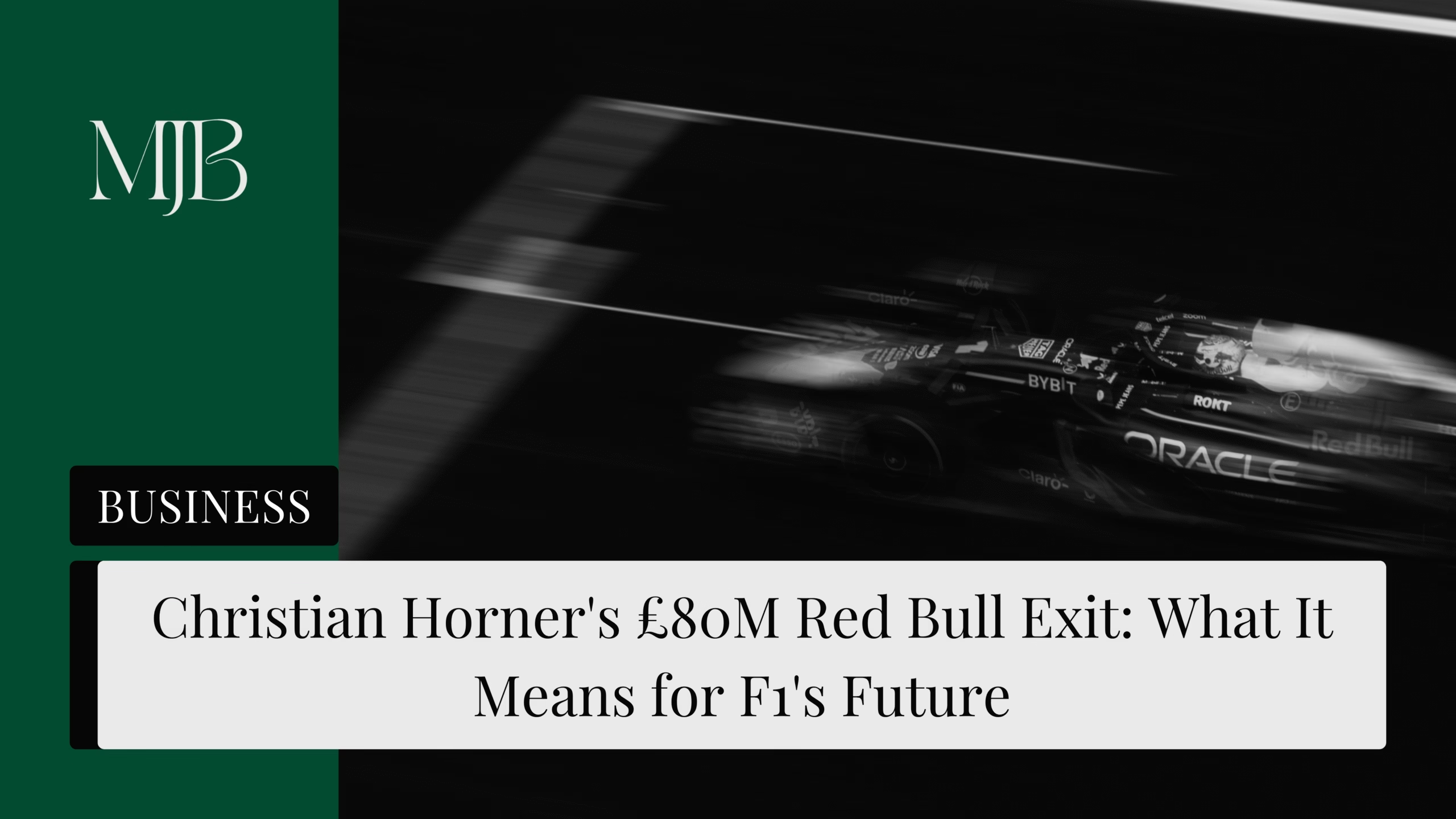The £80 Million Question
Christian Horner just walked away from Red Bull Racing with an eye-watering £80 million severance package. That’s more than most F1 drivers earn in their entire careers, and it’s got the paddock bustling about what comes next.
After two decades building Red Bull into a championship machine, the 51-year-old officially cut ties on Monday. But here’s the kicker—industry insiders are already whispering about his next move, with Alpine potentially in his crosshairs.
Want to understand what this seismic shift means for Formula 1’s future? We’ll break down the business implications, the power plays, and why 2025 could reshape the entire sport.

From Glory to Exit: Horner’s Red Bull Legacy
Horner didn’t just manage Red Bull; he transformed them into F1 royalty. Since joining in 2005, he oversaw:
- 6 constructors’ championships
- 8 drivers’ titles (split between Max Verstappen and Sebastian Vettel)
- One of the most dominant eras in F1 history
But even championship-winning team principals aren’t immune to controversy. Horner faced accusations of inappropriate behaviour towards a female employee earlier this year—claims he denied and was eventually cleared of. Still, Red Bull showed him the door in July.
The “Shark Mafia” Strikes Again?
Remember when Toto Wolff called the potential Horner-Bernie Ecclestone-Flavio Briatore trio the “shark mafia”? Well, those sharks might be circling Alpine.
The French team’s been struggling, and with F1 expanding to 11 teams next year (hello, Cadillac), there’s serious money flowing into the sport. Horner’s track record of turning teams into winners makes him a hot commodity.
Perfect Timing for a Comeback
F1’s about to get a major shake-up in 2025:
- Cadillac joins as the 11th team
- New engine manufacturers like Audi, Honda, and Ford are jumping in
- Fresh investment is flooding the sport
For someone with Horner’s resume, it’s like Christmas morning.

Red Bull’s Post-Horner Reality Check
Without their longtime leader, Red Bull’s dominance has already started cracking. McLaren snatched the constructors’ championship last year—their first under new ownership.
Sure, Max Verstappen grabbed his fourth drivers’ title, but Red Bull’s sitting in a distant second this season.
Oliver Mintzlaff, Red Bull’s current leadership, thanked Horner for his contributions, saying he’ll “forever remain an important part of our team history.” Translation: thanks for the memories, but we’re moving on.
The Bottom Line
Horner’s £80 million exit isn’t just about one man and one team—it signals a seismic shift in F1’s power structure. With fresh money flooding the sport and new players entering, the old guard is getting reshuffled.
If Horner lands at Alpine (or anywhere else), expect fireworks. He’s built championship teams before, and now he’s got serious financial backing and something to prove.
FAQ
Q1: Why did Red Bull pay Horner £80 million to leave?
A: Severance packages for long-term executives often include contractual obligations and non-compete clauses. Given Horner’s 20-year tenure and the sensitive nature of his departure, Red Bull likely wanted a clean break.
Q2: Is Horner really joining Alpine?
A: Nothing’s confirmed, but the rumors are persistent. With Bernie Ecclestone and Flavio Briatore potentially involved, it would be a serious power play in F1’s changing landscape.
Q3: How has Red Bull performed since Horner left?
A: They’ve struggled. McLaren won the constructors’ championship, and Red Bull sits second this season—a far cry from their recent dominance.
Q4: What does this mean for Max Verstappen?
A: Verstappen still won his fourth title, but Red Bull’s declining performance could influence his future decisions. Top drivers want competitive cars, period.
Q5: Why is 2025 significant for F1?
A: It’s a major transition year with Cadillac joining as the 11th team, new engine manufacturers entering, and significant rule changes. Perfect timing for experienced leaders to make moves.
DISCLAIMER
Effective Date: 15th July 2025
The information provided on this website is for informational and educational purposes only and reflects the personal opinions of the author(s). It is not intended as financial, investment, tax, or legal advice.
We are not certified financial advisers. None of the content on this website constitutes a recommendation to buy, sell, or hold any financial product, asset, or service. You should not rely on any information provided here to make financial decisions.
We strongly recommend that you:
- Conduct your own research and due diligence
- Consult with a qualified financial adviser or professional before making any investment or financial decisions
While we strive to ensure that all information is accurate and up to date, we make no guarantees about the completeness, reliability, or suitability of any content on this site.
By using this website, you acknowledge and agree that we are not responsible for any financial loss, damage, or decisions made based on the content presented.






